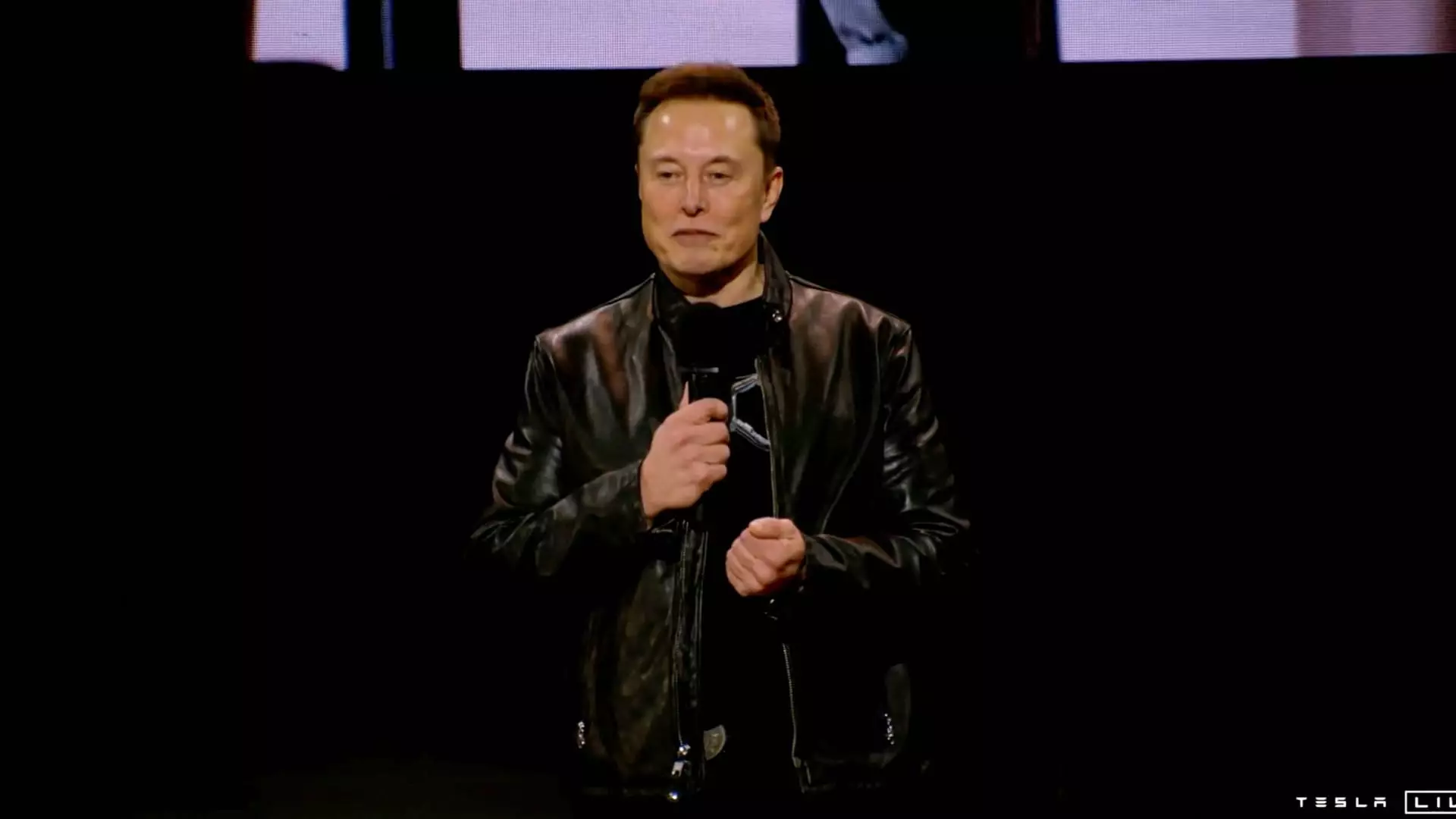Tesla, a pioneer in the electric vehicle market, has recently come under scrutiny for its use of social media to promote its so-called “Full Self-Driving” (FSD) technology. Allegations have emerged that the company has misrepresented the capabilities of its vehicles, leading to potential safety risks for drivers and the public. The National Highway Traffic Safety Administration (NHTSA) has completely opposed Tesla’s portrayal of its cars as autonomous, emphasizing that such messaging could mislead consumers into believing they can disengage from the driving task.
In a letter to Tesla’s board, NHTSA head Gregory Magno outlined significant concerns regarding social media posts that exhibit careless driver behavior while using FSD. Highlighting the disconnect between Tesla’s public communications and the actual functionality of its technology, Magno noted that these posts could create dangerous misconceptions among users. The risk is particularly pronounced for uninformed drivers who may believe they can rely fully on the FSD system without maintaining control, which the technology does not yet permit.
The NHTSA has mandated that Tesla ensure its online content is consistent with the capabilities of its FSD system. The agency’s investigation is focused not only on the accuracy of Tesla’s messaging but also on the safety of the system itself. The investigation follows a concerning trend of accidents involving Teslas when the FSD function was engaged, including a tragic incident where a pedestrian was fatally struck. The scrutiny is not only a question of regulation; it also speaks to Tesla’s corporate responsibility in ensuring the safety of its drivers and the communities they drive through.
Tesla has until December 18 to respond to the NHTSA’s inquiries, which could lead to serious consequences if the company fails to adequately address the concerns raised. The penalties could reach as high as $135.8 million, a significant financial impact for a company of Tesla’s stature. Additionally, this investigation could affect public perception and trust, which is invaluable in a competitive market where consumer safety is paramount.
Tesla’s practices highlight the fine line between innovation and consumer safety. As a leader in automotive technology, the onus is on Tesla to communicate effectively and responsibly regarding the capabilities of its vehicles. Misleading claims can not only jeopardize public safety but also threaten the integrity of an industry that is moving toward greater automation. The NHTSA’s intervention serves as a crucial reminder that while the technology continues to evolve, manufacturers must prioritize clear, honest communications with consumers to ensure that progress does not come at the expense of safety.

